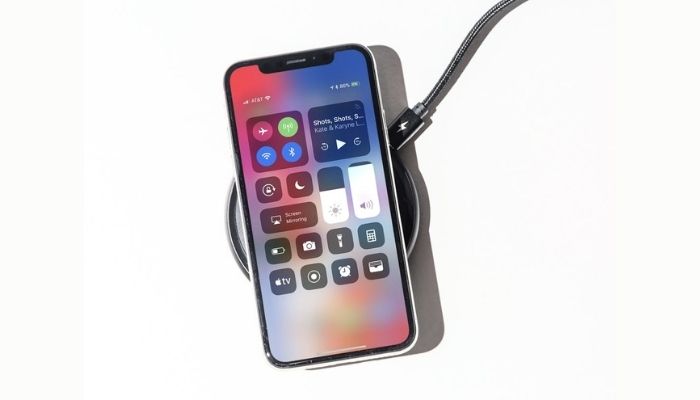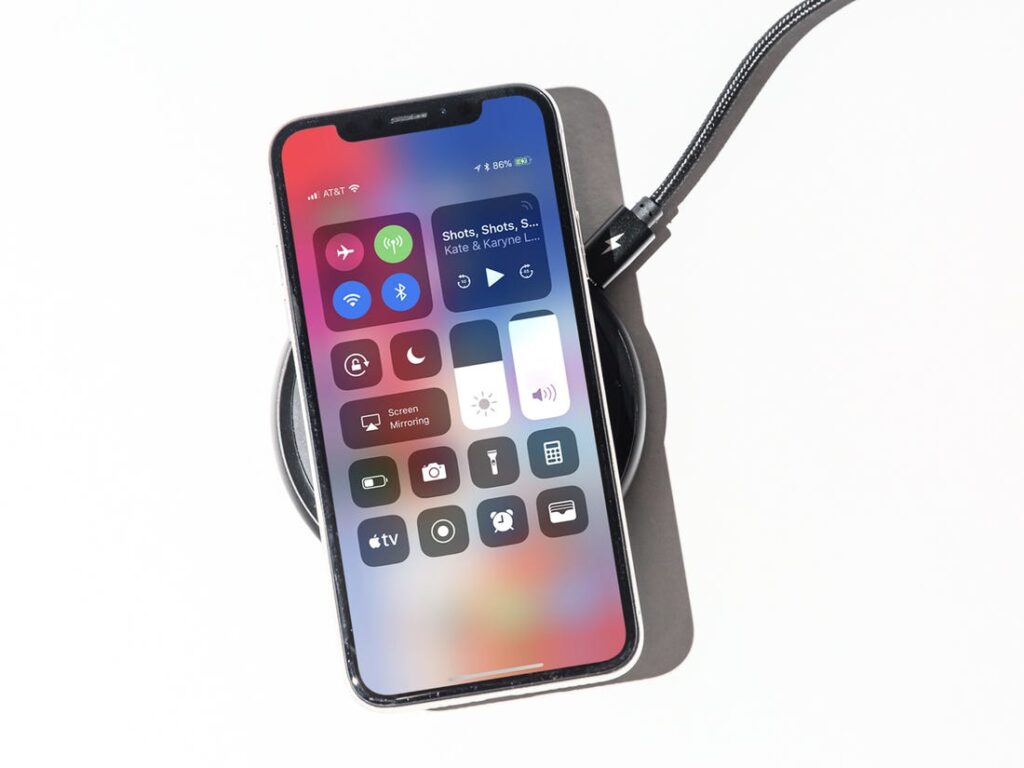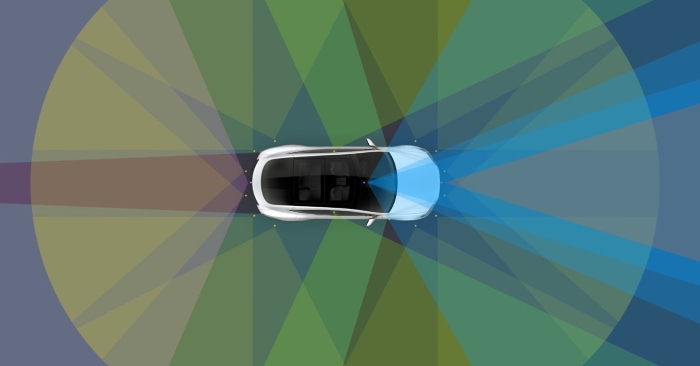
Wireless charging is a long time around, but it took a while for telephones to catch on. When it entered the scene, there were some drawbacks, but issues such as the need to position precisely or extremely low charging speeds vanished as technology advanced.
Samsung has quickly adopted wireless charge in its Galaxy phones. Still, thanks to its adoption in Apple’s iPhones last year, the technology’s popularity has been at an always high level. The Wireless Power Consortium seems to have also won a potentially problematic war on standards with Qi’s large acceptance.

Is wireless charging safe?
For many years now, we have been huge fans of wireless charging. However, when wireless charging took off, a few people began to wonder if it would cost a secret amount. We have seen a range of posts, discussions, and comments that say wireless charging will degrade your battery faster than conventional wired charging. We wanted to examine and find out if this statement was valid.
What is the role of a phone battery?
Our smartphones use Lithium-ion batteries. There are two electrodes – a cathode and an anode – in which the lithium ions pass between the electrodes. When you feel, they go from positive to negative and shift in the opposite direction when you discharge. Dr Daniel Abraham, a senior scientist at Argonne Laboratory, explained Digital Trending: “Electricity is transformed into chemical energy during charging and the other way around during unloading. The battery maker determines how much energy can be stored in the cell and how much energy can be used.
These limitations cannot be exceeded by holding your phone too long on the wireless recharge pad or allowing it to plug in for the night. The cell cannot be drained past the manufacturer’s lower cut-off point. These limitations do not discriminate between sources of influence.
And the battery’s life cycle?
While different batteries have different specifications, it is agreed that a battery can fail after a certain number of charge cycles. For example, in Apple’s iPhone devices, after 500 full load cycles, batteries are built to retain 80% of their original power. One complaint levelled with wireless charging is that the battery does not rest on the wireless charging pad while telephones charge via cable. The battery is thus more easily charged and depleted by wirelessly, its small number of cycles. Is that real, however?
The best way to decrease the amount of power you use is to slow download cycles. A rogue app that continuously sends background data or an area where the link signal is tried to improve your phone is dangerous for your battery life and hurts your battery life more than your charging habits. The development process is also critical for determining the longevity of the battery, as you would expect.
Wireless charging has potential benefits
While wireless charging does not seem to degrade your mobile battery more quickly than cable charging, it has some tangible advantages to offer. Wear and tear on the charging port are reduced, frequently leading to failures and requiring reparations. The idea is then to keep your battery partially charged, preferably. We tested if your smartphone is sufficient to plug into your charger overnight and received the advice that your battery would last longer if it remains between 50% and 80%.
Feel the heat
Have you ever found your wireless phone heating up? You might remember that it’s always warmer if you charge this up with a case on, or if you don’t correctly place it on the charging pad. Instead of charging routines, it seems we should be careful to keep the temperature as long as possible if we are trying to preserve our mobile battery.
Many of the best wireless chargers provide fans and refrigeration systems. But it’s not a wireless charge issue – you’re probably aware that your phone is heated when it’s also plugged in. Do not leave your phone on the windowsill or in a hot car, if you are interested, in the direct sunlight. Please do not use your phone as it is linked and charged for playing a graphic-intensive game. And don’t use wireline or wired chargers that have not been approved.
Finally, the telephone-making system design and how you use your phone depends a great deal on the manufacturing process. Still, as recharge rates and the battery capacity are progressively driven, battery life is a victim. We found that quick charging by wired charger technology can make your phone hot and fast all the time, but this can’t be good for the battery.
So if you think that is wireless charging safe, then don’t think about it cause here you don’t have to fumble with a cable, particularly when it’s dark and want to avoid waking your partner when you want to recharge your phone’s battery. As for that, no, wireless charging doesn’t degrade the battery quicker. The response is short.
READ MORE: What is a ClownFish Voice changer? How to use Clownfish Voice Changer?






